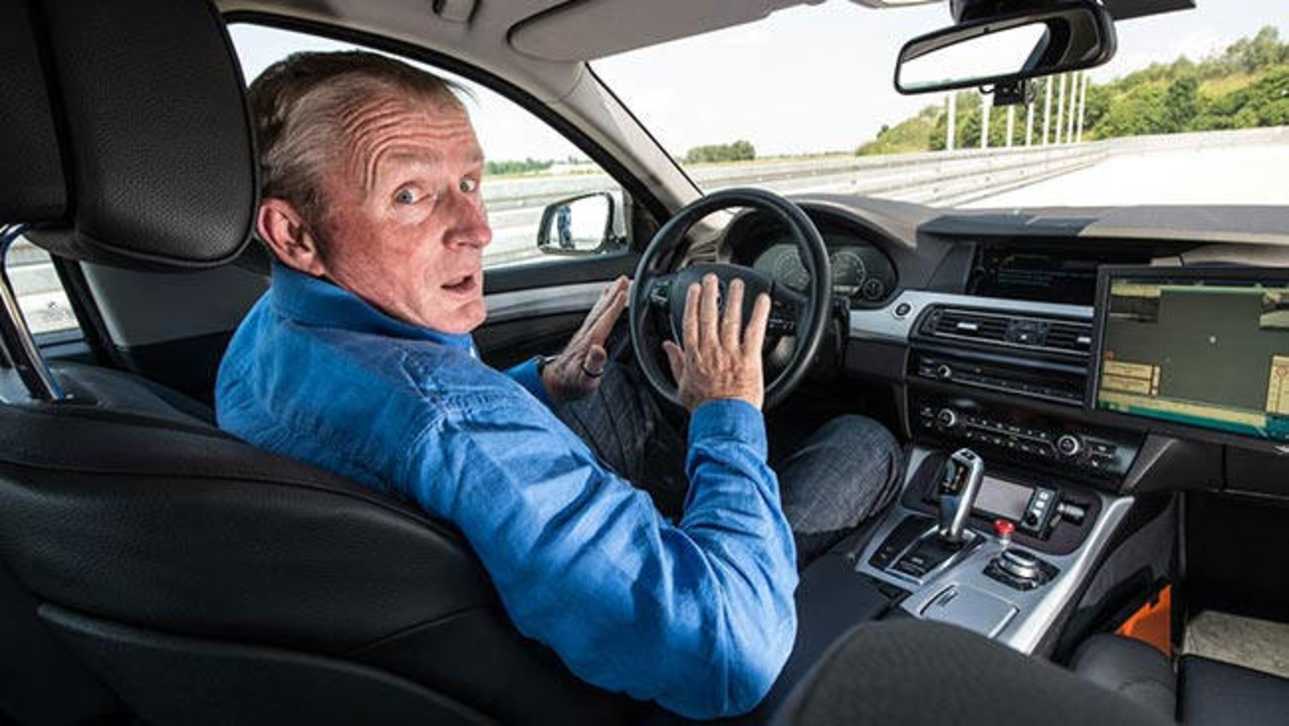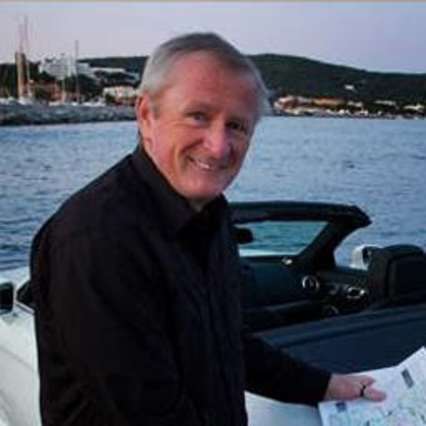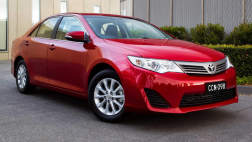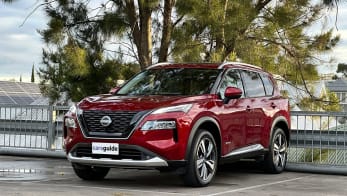I took a lovely ride in the German countryside the other day, enjoying the mid-summer sunshine and some beautiful scenery, with no-one at the wheel. The driving was all handled by the car. Not just that, but my BMW autopilot was safe, controlled and had a surprisingly light touch.
It was even able to make a safe, gentle, 100km/h merge between two sections of freeway, blending easily into the fast-flowing traffic after selecting a gap and then accelerating into the space between two other cars.
It felt like the future to me, although it's a very distant future based on the amount of equipment in the car and the need for super-detailed digital mapping data that's not coming to Australia any time soon.
The 7 Series future car still needs to be closely monitored by a person in the driving seat, and it will take time to get it ready for full-scale production, but BMW believes it's more than just a lab-on-wheels. "Yes, it's a wonderful sience project, but with a realistic horizon," the head of driver assistance work at BMW, Dr Werner Huber, tells me in Munich.
"We don't want to fly to the moon. So it's relatively easy. "What we do is highly-automated driving. The driver has the complete freedom to decide if they want to drive by themself or have the car drive them in a specific situation, and that is the motorway."
Relatively easy for him looks super complicated for me, but Huber and his small team has done the heavy lifting and is now a question of time, money and lawyers. The time and money is needed to commercialise the system, while the lawyers will be essential to build a framework for blame.
BMW is not the only company working on a self-driving car - or an autonomous auto, as they prefer - but it's far more convincing even than the latest S-Class. I have sampled the big Benz as it drives itself in a single motorway lane, but it's a long way from the package in the latest BMW test car. And it's a long way before a car will be able to respond to a voice command and drive you to work.
Instead, BMW is focussing on a car that can take control in the hurly-burly of suburban traffic and the boring expanses of motorways, freeing you to do other things - like email and telephone calls - and preventing the fatigue that leads to crashes.
Dr Huber is upbeat and enthusiastic but says BMW is not planning at total takeover on the roads, which would also require millions of cars with a huge range of all-round sensors, giant computer brains and special roads with hardware and assistance systems which have yet to be developed by governments.
"I won't say this never will happen. it could happen. But when I have retired ….," he says. "At the first step we are trying to find the technology. But that is not the big picture. It is the driver in society.
Do drivers and society accept the technology and how do we deal with this? "But for the first step we have to develop the technology to show it. And show the benefits."
Based on my ride outside Munich, BMW is well down the road. It even has a car that will be popular with the police, since it cannot exceed the speed limit and never makes the sort of silly blunders that lead to so many crashes."
This reporter is on Twitter: @paulwardgover


.jpg)


.jpg)
.jpg)

.jpg)
.jpg)




.jpg)

.jpg)






.jpg)

.jpg)





Comments